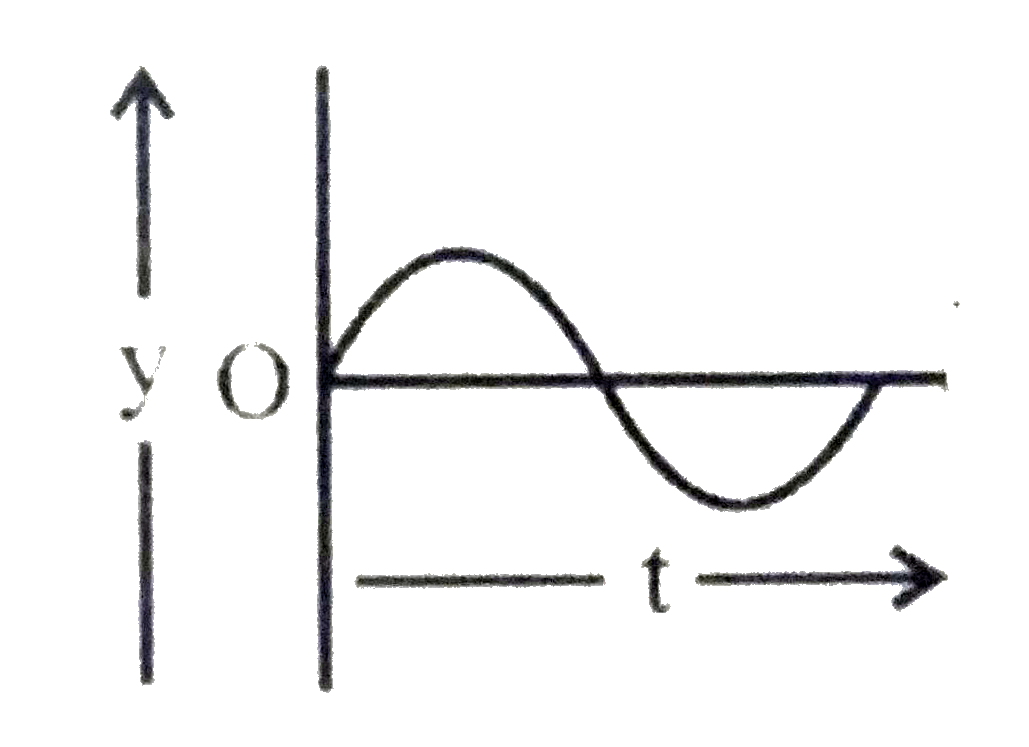The phase of a particle executing simple harmonic motion is π2 when it has
maximum velocity
maximum acceleration
maximum displacement
both (b) and (c )
The correct Answer is:D
Step by step video, text & image solution for The phase of a particle executing simple harmonic motion is pi/2 when it has by Physics experts to help you in doubts & scoring excellent marks in Class 12 exams.
Updated on:21/07/2023Topper's Solved these Questions
- OSCILLATIONS BOOK - TARGET PUBLICATIONCHAPTER - OSCILLATIONS EXERCISE - Critical thinking
81 Videos
- OSCILLATIONS BOOK - TARGET PUBLICATIONCHAPTER - OSCILLATIONS EXERCISE - COMPETITIVE THINKING
135 Videos
- MODEL QUESTION PAPER BOOK - TARGET PUBLICATIONCHAPTER - MODEL QUESTION PAPER EXERCISE - MODEL QUESTION PAPER -II
47 Videos
- QUESTION PAPER 2019BOOK - TARGET PUBLICATIONCHAPTER - QUESTION PAPER 2019EXERCISE - MCQ
45 Videos
Similar Questions
Knowledge Check
The velocity of a particle executing simple harmonic motion is
Aω2√A2+x2Bω√A2−x2Cω√A2+x2Dω2√A2−x2While a particle executes linear simple harmonic motion
Aits linear velocity and acceleration pass through their maximum and minimum values once in each oscillation.BIts linear velocity and acceleration pass through their maximum and minimum values twice in each oscillation.Cits linear velocity and acceleration pass through their maximum and minimum values four times in each oscillation.Dits linear velocity and acceleration always attain their peak values simlataneaously.The displacement of a particle executing simple harmonic motion is given by
y=A0+Asinωt+Bcosωt
Then the amplitude of its oscillation is given by :AA0+√A2+B2B√A2+B2C√A20+(A+B)2DA+B
Draw displacement-time, velocity-time and acceleration-time graphs for a particle executing simple harmonic motion. Discuss their phase relationship.
View SolutionThe displacement-time graph of a particle executing simple harmonic motion is shown in the figure

Which one of the following graphs is the correct forcetime graph for the motion of the particle ?
View SolutionThe displacement of a particle executing simple harmonic motion is given by
x=3sin(2πt+π4)
where x is in metres and t is in seconds. The amplitude and maximum speed of the particle is
View SolutionThe total mechanical energy of a particle executing simple harmonic motion is E when the displacement is half the amplitude of its kinetic energy will be
View SolutionWhen the displacement of a particle executing simple harmonic motion is half its amplitude, the ratio of its kinetic energy to potential energy is
View Solution
